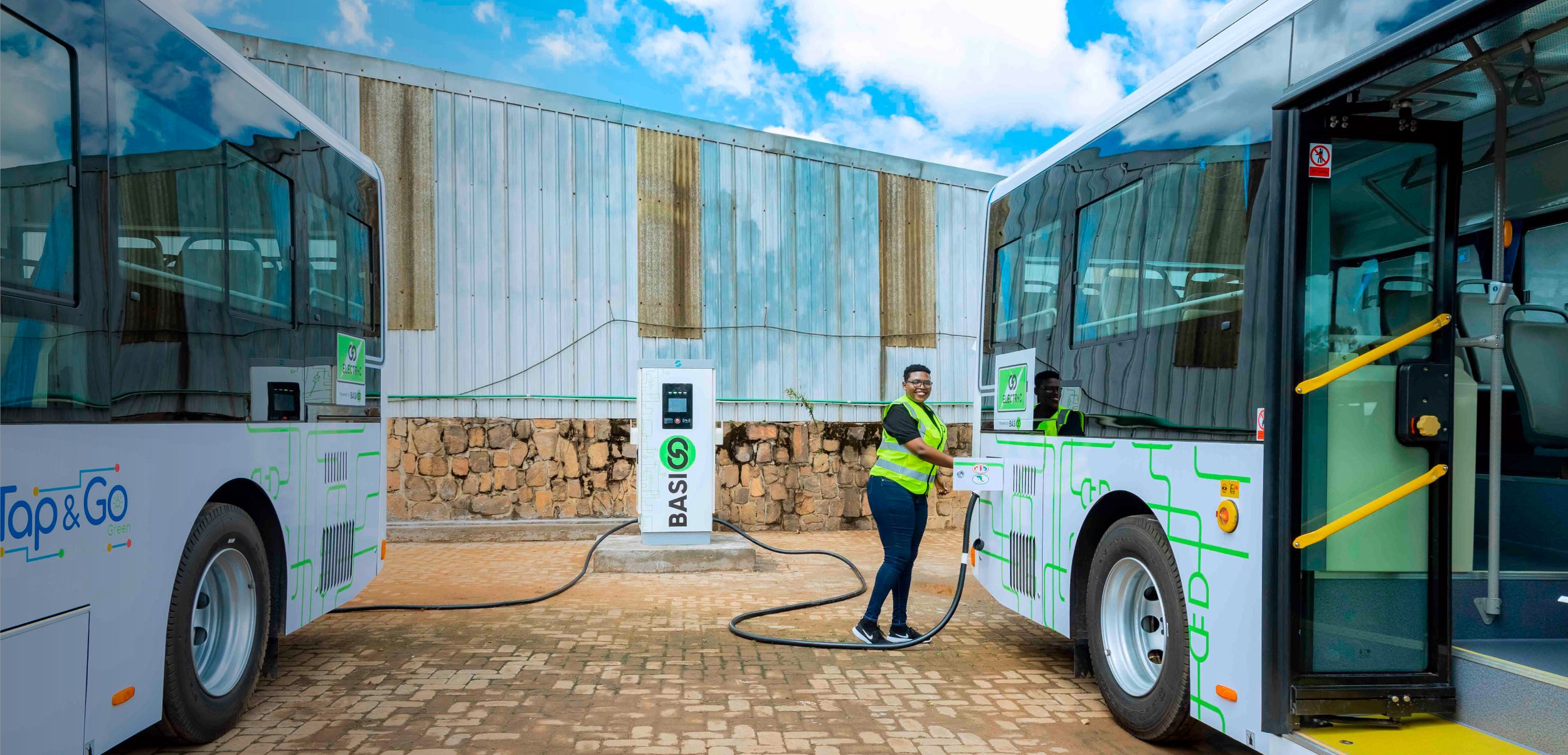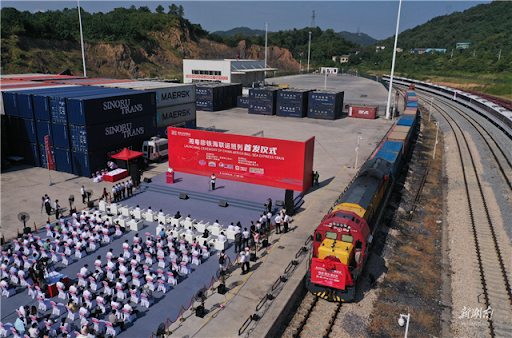BasiGo Rwanda Secures $225,000 Funding to Boost its Charging Infrastructure

Logis-T Africa – BasiGo Rwanda, a pioneering startup in the field of electric transportation in East Africa, has received $225,000 in funding to modernize its charging infrastructure and support its growing fleet of electric public transport buses in Kigali. This grant, provided by Ireme Invest, the green investment mechanism of Rwanda’s Green Fund, will be used to expand the company’s network of charging stations and offer a more sustainable and environmentally friendly public transport solution to Kigali residents.
With this funding, BasiGo also plans to build a charging station capable of accommodating about twenty electric buses simultaneously. This initiative is part of the company’s ongoing expansion in Rwanda, where it has committed to providing 200 electric buses to local operators.
Securing this funding is a recognition of BasiGo’s success in deploying electric public transport solutions in Rwanda. For example, by mid-2024, BasiGo’s performance in Kigali was impressive: their fleet of electric buses had already served over 300,000 passengers. This performance generated revenues exceeding 147 million Rwandan francs for transport operators. On the environmental front, the impact was equally remarkable: the company estimated it had avoided the emission of over 60 tonnes of carbon dioxide and saved nearly 27,000 liters of diesel fuel.
Speaking about this new funding, Doreen Orishaba, General Manager of BasiGo Rwanda, said: “Over the past seven months of operation, BasiGo electric buses have demonstrated that they are the new standard for safe, comfortable, and low-carbon public transport solutions, and they have contributed to reducing emissions.”
It’s worth noting that BasiGo’s expansion into Rwanda was initially supported by USAID with a financial contribution of $1.5 million to facilitate the deployment of the company’s activities in Rwanda.
Also, in March 2024, BasiGo had secured a $3 million equity investment from CFAO Group to increase the company’s electric bus production capacity in both Kenya and Rwanda.





